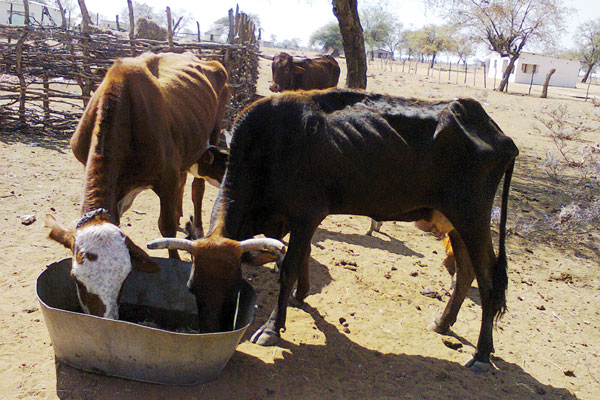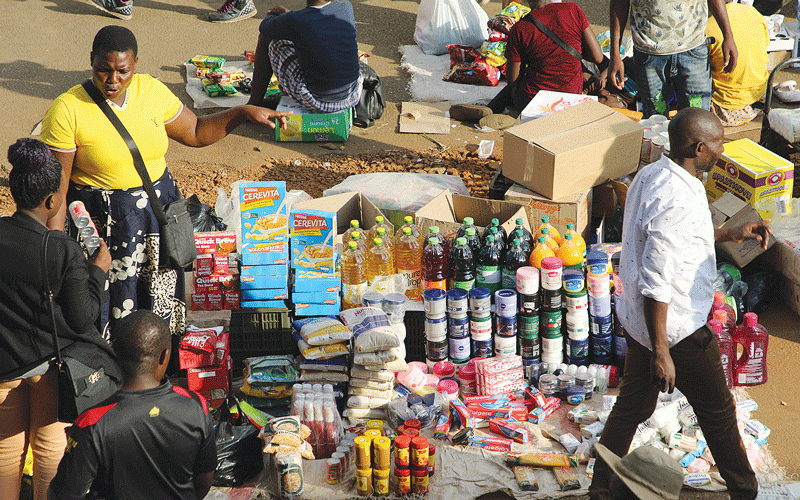
MATABELELAND South province has lost close to 300 cattle over the last month due to a long dry spell and sudden weather change, leaving farmers in the area in a quandary.
by LUYANDUHLOBO MAKWATI
Most of the affected cattle died two weeks ago when the first rains started falling in Mangwe where hailstorms left a trail of destruction.
The provincial head of the Livestock Production department, Simangaliso Ngwabi, confirmed to Southern Eye yesterday that 280 beasts died in Matabeleland South, the highest number of losses ever recorded in a single month.
“We have lost many of our cattle. This is the highest number ever to be recorded in the districts in decades, hence we are putting strategies in place to avert more problems,” she said.
Ngwabi said cattle were prone to the cold weather, especially during drought phases, as they would be weak to withstand the weather conditions and hence they succumbed to the cold spell.
“The problem with cattle compared to other livestock is that when they are weak, they cannot stand changing weather patterns. As a result, they then die because they do not have the strength to stand the natural phenomena,” she added.
A tour by Southern Eye on Tuesday revealed that most parts of the province have no pastures.
- Chamisa under fire over US$120K donation
- Mavhunga puts DeMbare into Chibuku quarterfinals
- Pension funds bet on Cabora Bassa oilfields
- Councils defy govt fire tender directive
Keep Reading
Ngwabi said the Food and Agriculture Organisation (FAO) would be soon distributing supplementary feeds to Gwanda, Beitbridge, Matobo and Mangwe, which are the worst affected by the drought.
“We have been given approval and FAO will be coming to distribute the feed for us and that will go a long way in saving the surviving animals in the province. We are grateful for their support and facilities are in place to help villagers feed their animals,” she said.
“In 2012, a warehouse to keep the feed was constructed, while feeding troughs are in place in various areas. So the feeding process won’t be a challenge as the required infrastructure is in place.”










